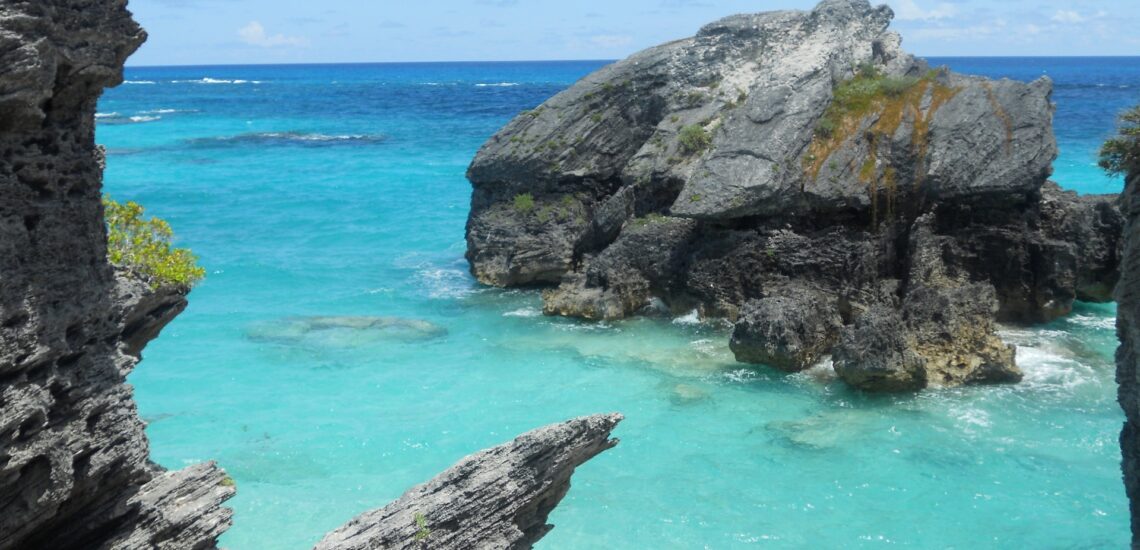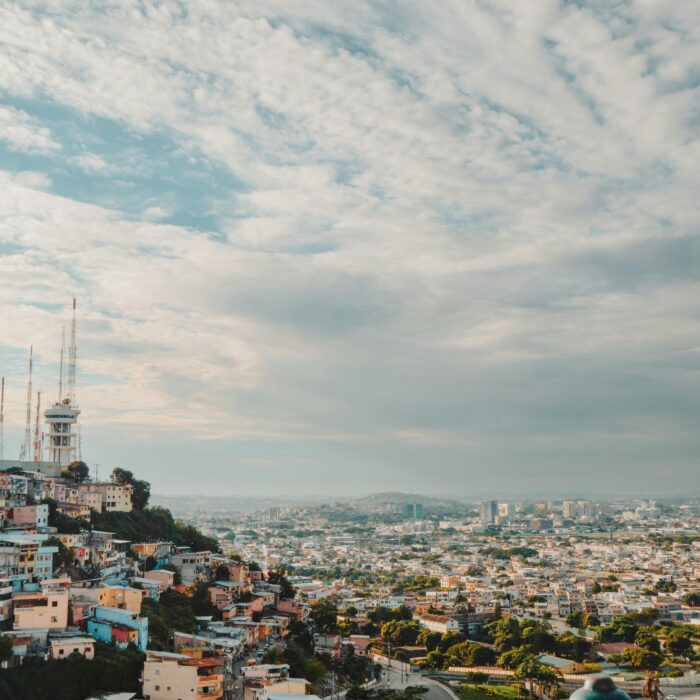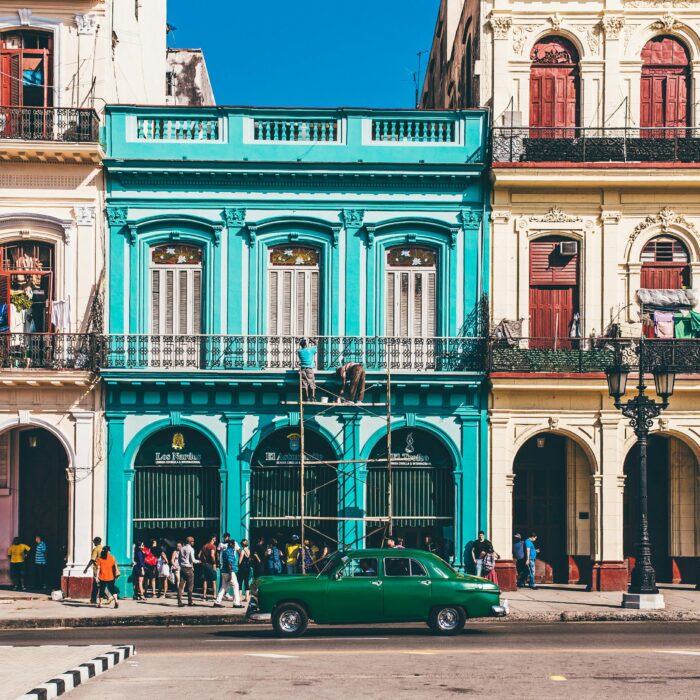Fatti rapidi su Bermuda:
- Popolazione: Circa 63.500 persone.
- Capitale: Hamilton.
- Lingua ufficiale: Inglese.
- Valuta: Dollaro bermudiano (BMD).
- Governo: Democrazia parlamentare e territorio britannico d’oltremare autogovernato.
- Religione principale: Cristianesimo, con varie denominazioni tra cui anglicanesimo, cattolicesimo romano e protestantesimo.
- Geografia: Situate nell’Oceano Atlantico settentrionale, sono composte da circa 138 isole e isolotti e la terraferma più vicina è la Carolina del Nord, negli Stati Uniti.
Fatto 1: Bermuda è un arcipelago lontano dal continente nell’oceano
Le Bermuda sono un arcipelago immerso nell’Oceano Atlantico settentrionale, situato a circa 1.000 chilometri dalla costa orientale degli Stati Uniti. Nonostante la sua posizione relativamente isolata, Bermuda ha affascinato i viaggiatori con le sue idilliache spiagge di sabbia rosa, le acque turchesi e cristalline e la sua affascinante storia marittima. Questo piccolo arcipelago, composto da circa 138 isole, vanta una miscela unica di eredità coloniale britannica e bellezza subtropicale. Dall’esplorazione di forti e relitti storici allo snorkeling tra le colorate barriere coralline, le Bermuda offrono un’esperienza isolana davvero indimenticabile, lontana dalla frenesia della terraferma.

Fatto 2: Bermuda è un territorio britannico d’oltremare
Le Bermuda sono un territorio britannico d’oltremare, noto per il suo affascinante mix di culture britanniche e caraibiche. Nonostante la sua posizione lontana dal Regno Unito, Bermuda conserva molte influenze britanniche, tra cui la guida sul lato sinistro della strada, una cosa insolita nell’emisfero occidentale. Questa stranezza aumenta il fascino unico dell’isola, che offre ai visitatori un assaggio della tradizione britannica sullo sfondo di splendide viste sull’oceano e di un’architettura coloniale dai colori pastello. Sia che si tratti di percorrere le strade tortuose o di passeggiare lungo la costa panoramica, i viaggiatori di Bermuda possono aspettarsi un delizioso mix di fascino antico e relax isolano.
Nota: verificare qui se è necessaria una patente internazionale per noleggiare e guidare un’auto quando si visitano le Bermuda.
Fatto 3: le barriere coralline delle Bermuda sono le più settentrionali del mondo
Le barriere coralline delle Bermuda sono le più settentrionali del mondo, estendendosi a nord fino a 32°14’N di latitudine. Questo fatto le rende oggetto di studio unico per biologi ed ecologi marini. Inoltre, la loro posizione nelle acque relativamente fredde del bacino dell’Oceano Atlantico crea condizioni speciali per la vita marina. Oltre a essere punti panoramici per le immersioni e lo snorkeling, queste barriere svolgono anche un ruolo cruciale nel proteggere le coste dall’erosione e forniscono un habitat unico per una moltitudine di specie marine.
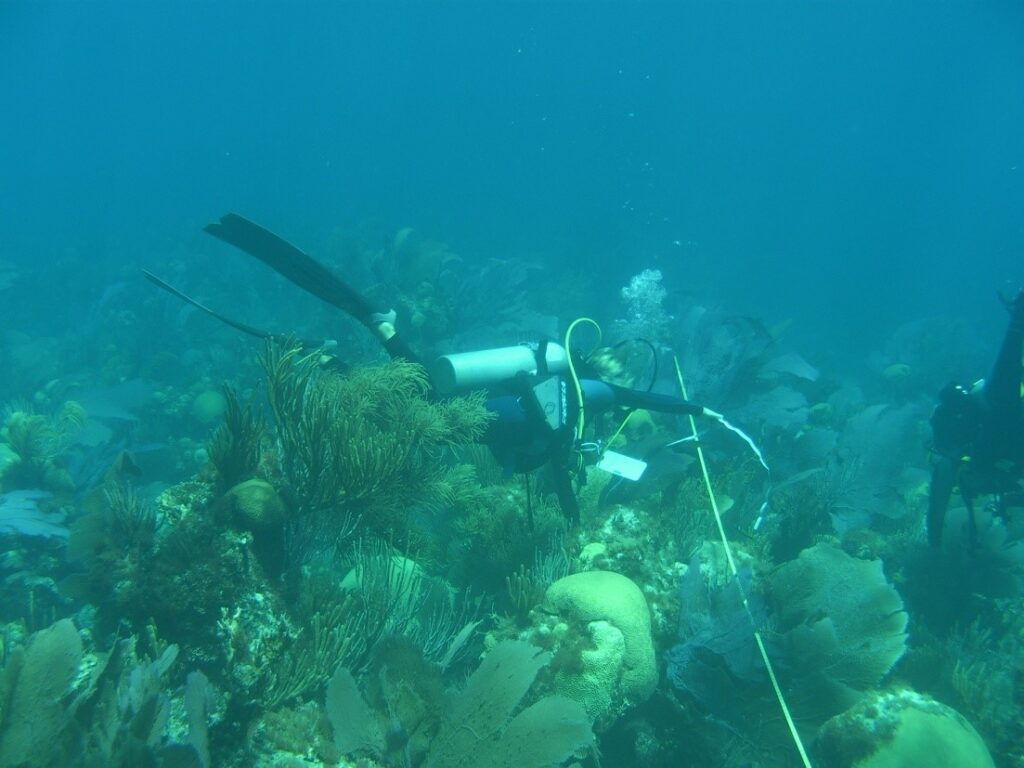
Fatto 4: Alle Bermuda amano il golf
L’amore delle Bermuda per il golf è evidente attraverso i circa 9 campi da golf sparsi per le isole, che dimostrano la genuina passione per questo sport tra gli abitanti del luogo. Questi campi non si rivolgono solo ai residenti, ma fungono anche da attrazioni popolari per i turisti. La presenza di numerosi campi da golf sottolinea l’importanza del golf come attività ricreativa ed evidenzia il suo ruolo integrale nel panorama culturale e ricreativo delle Bermuda.
Fatto 5: le Bermuda sono isole vulcaniche e non hanno laghi o fiumi
Le Bermuda, essendo di origine vulcanica, vantano un paesaggio caratteristico privo di laghi o fiumi d’acqua dolce. La sua formazione geologica deriva dalla creazione di formazioni vulcaniche sul fondo dell’oceano piuttosto che da rocce sedimentarie continentali. Ciò significa che, invece di essere alimentata da afflussi di acqua dolce da fiumi e laghi, Bermuda si basa sulle precipitazioni atmosferiche e su fonti sotterranee per il suo approvvigionamento idrico.

Fatto 6: le Bermuda sono una zona offshore molto popolare
Le Bermuda sono ampiamente riconosciute come un popolare centro finanziario offshore, che offre regimi fiscali favorevoli e un solido ambiente normativo per le imprese e gli individui che cercano di stabilire entità offshore. Il suo status di zona offshore deriva dalle sue strutture fiscalmente efficienti, tra cui le società esenti e le partnership, nonché dalla sua reputazione di stabilità finanziaria e riservatezza. Molte società e investitori internazionali utilizzano i servizi offshore delle Bermuda per la gestione del patrimonio, il trading internazionale e la conservazione del patrimonio.
Fatto 7: Alle Bermuda ci sono molte grotte
Le Bermuda ospitano numerose grotte, che ne accrescono il fascino naturale e offrono opportunità di esplorazione e avventura. Queste grotte, formate dalla geologia calcarea dell’isola, presentano spesso formazioni intricate come stalattiti e stalagmiti. Tra le grotte più conosciute vi sono la Grotta dei Cristalli e la Grotta della Fantasia, entrambe aperte ai visitatori e con visite guidate.
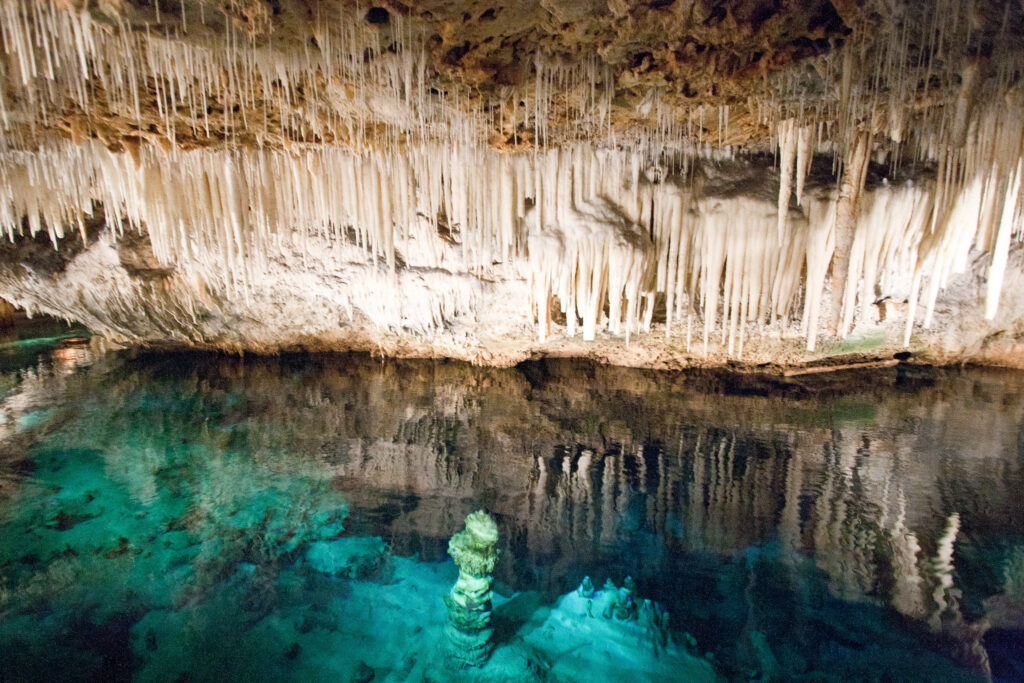
Fatto 8: sull’isola sono presenti specie endemiche di uccelli
Queste specie sono uniche dell’isola e non si trovano in nessun’altra parte del mondo. Alcuni esempi significativi sono il petrello delle Bermuda (noto anche come cahow) e la lucerna delle Bermuda. La presenza di specie endemiche evidenzia la peculiarità ecologica delle Bermuda e sottolinea l’importanza degli sforzi di conservazione per proteggere questi organismi unici e i loro habitat.
Fatto 9: in passato le barriere coralline hanno causato il naufragio di molte navi vicino a Bermuda
Le insidiose barriere coralline, combinate con modelli meteorologici imprevedibili e difficoltà di navigazione, hanno portato a numerosi disastri marittimi nel corso dei secoli. L’area è diventata nota come “Triangolo del Diavolo” o “Triangolo delle Bermuda” a causa dell’elevato numero di sparizioni e naufragi inspiegabili nella regione. Mentre alcuni naufragi sono stati attribuiti a cause naturali, come tempeste ed errori di navigazione, la mistica che circonda il Triangolo delle Bermuda ha catturato l’immaginazione di molti, alimentando varie teorie e leggende.
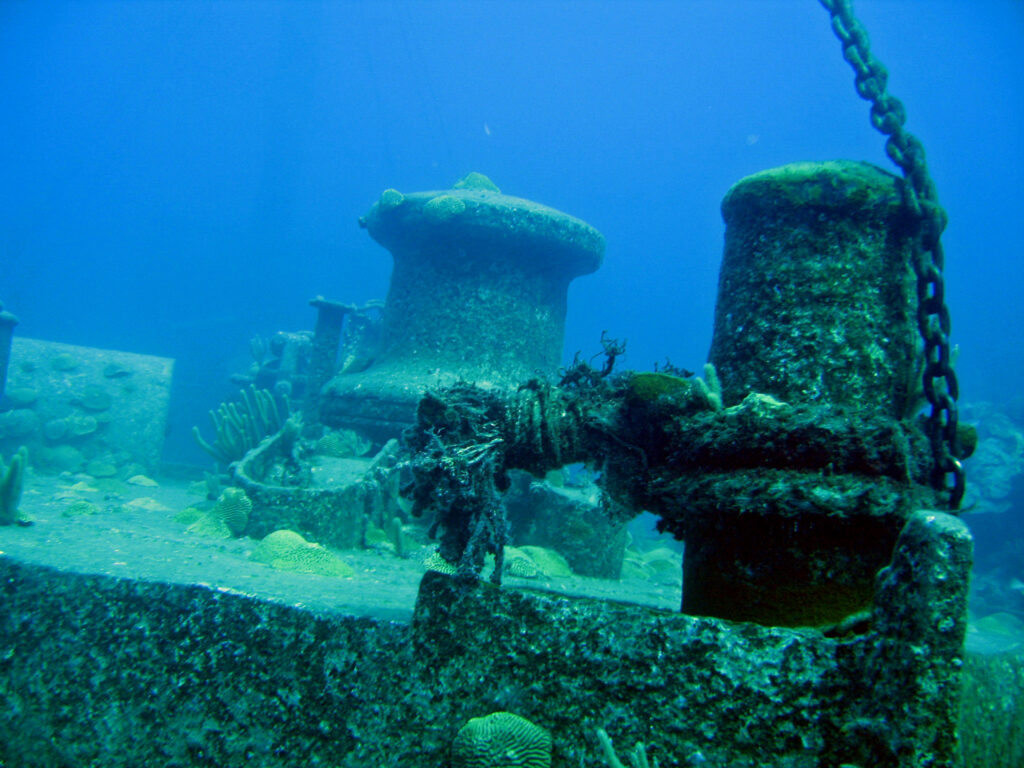
Fatto 10: John Lennon scrisse molte canzoni mentre si trovava alle Bermuda
Nel 1980, Lennon e la sua famiglia visitarono le Bermuda per una gita in barca a vela. Durante il soggiorno sull’isola, Lennon avrebbe trovato conforto e ispirazione creativa, portando alla composizione di canzoni come “Woman”, “Watching the Wheels” e “Beautiful Boy (Darling Boy)”. L’atmosfera tranquilla e la bellezza paesaggistica delle Bermuda fornirono un ambiente favorevole al processo di scrittura delle canzoni di Lennon, contribuendo all’eredità musicale di una delle figure più iconiche della storia della musica popolare.

Pubblicato Aprile 28, 2024 • 6m da leggere

